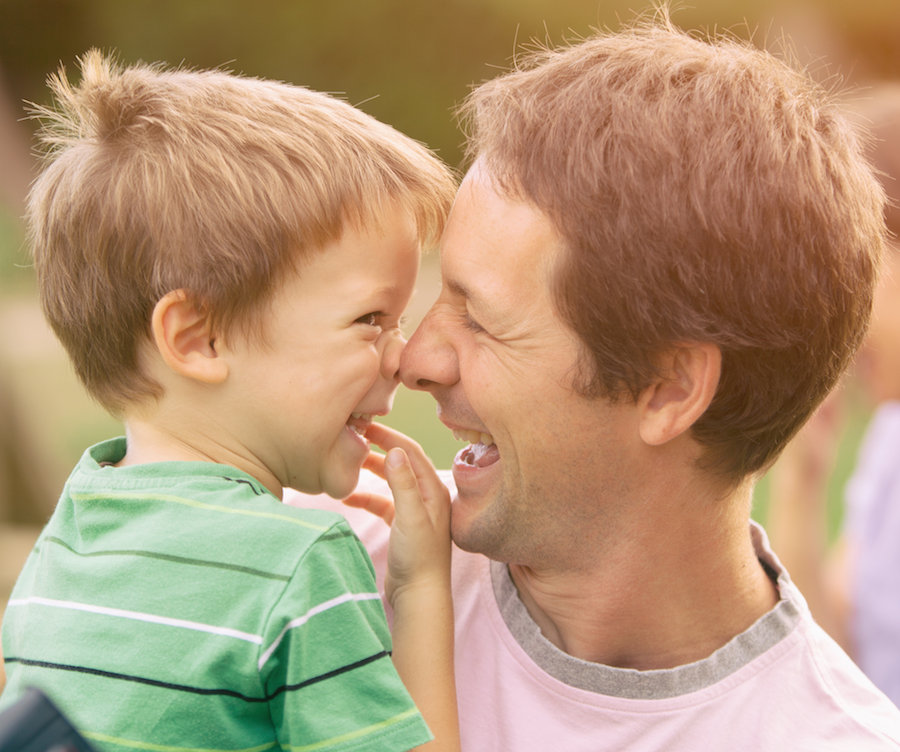Violence against women is preventable because we know that the cycle of violence starts with disrespect. Violence stems from sexist attitudes and disrespect of women and girls such as: that women and girls aren’t as good as men and boys, don’t deserve the same opportunities or treatment as men and boys, and should or shouldn’t do particular things, just because they’re women and girls. Disrespect starts with beliefs and attitudes we develop from a young age.
When I was teaching, I wanted my preschool and kindergarten classes to run like well-oiled machines where the children automatically put their lunch boxes away in the basket, their bags in their cubbyholes and put the books away before getting the blocks out. To make this happen, I had to put in some serious time and work developing class routines that eventually turned into habits the children would automatically do. Just like I taught the students in my classes the skills to organise and tidy up after themselves, respect, emotional regulation, and empathy for others are skill sets that we can teach our kids.
We need to start educating our children about the importance of respecting all. Over time our daily habitual behaviours and thoughts create who we are. As parents and other significant adults in children’s lives, it is our responsibility to help our children develop positive habits of mind that foster respect, empathy and kindness.
Any of our actions or ways of thinking will become habitual patterns if we repeat them frequently enough. These pathways become set in our brains and are then the automatic ways we respond. Once our emotions, behaviours and actions become our automatic ways of responding, they run permanently in the background, like an operating system on your computer. They become unconscious habits of mind that control almost everything that happens in our lives, and we’re not even aware they are running in the background.
Habits are hard to break. The earlier in life we can help our children develop positive habits of emotional regulation, respect, kindness and compassion, the easier it is for them to keep these going throughout their lives into adolescence and adulthood. Nurturing compassion, kindness and empathy in children and young people is one of the most important ways to stop emotional, verbal and physical aggression from developing.
Here are five ways you can start educating your children about respect.
- Experiencing kindness, empathy and respect increases the likelihood of showing kindness to others and having more empathy and respect for other’s perspectives and feelings. Explicitly teach children the skills to be a good friend.
- Explicitly teach your kids the skills of emotional intelligence – how to recognise their feelings, understand where they come from, and how to deal with them. This will help them regulate their behaviour, develop emotional agility and navigate social complexities. All feelings are acceptable — but all behaviour is not.
- Every emotion is valid, though we need to make it very clear that angry feelings are okay but violent, destructive and aggressive behaviour is not. Guide your child into considering more appropriate ways to manage their negative emotions by modelling appropriate ways to deal with big emotions and teaching them specific strategies and tools they can use.
- Without realising it, we can sometimes say and do things that make young people think disrespectful and aggressive behaviours are acceptable. Watch how you speak about others and always model respectful language and behaviour for your kids, even if you disagree with the other person’s opinion or actions.
- Help your children understand that if someone says ‘no’ or ‘stop’ and their face, or voice, indicates that they are not enjoying the game or activity anymore it needs to stop.
As parents it is our role to help our children develop an understanding of what respect is and what respect looks like in practice as this will help stop the cycle of violence before it starts.
To view on YouTube:









